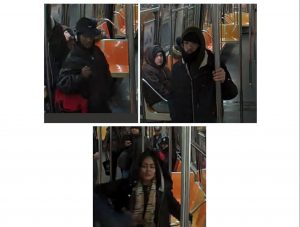While a legal challenge to the state’s selection procedure is being thought about, a federal judge has temporarily barred New York from distributing recreational marijuana shop licences in Brooklyn and parts of upstate New York.
As the state gears up to launch adult marijuana sales by the end of the year, starting with store owners with prior marijuana offences or their families, U.S. District Court Judge Gary Sharpe issued a preliminary injunction on Thursday in Albany. The legal market in New York was created with the intention of the first retailers being those who had a direct impact on drug law enforcement.
Also read: US midterms 2022: Maryland approves recreational marijuana, Arkansas and North Dakota reject
Variscite NY One is arguing that the state’s selection procedure favours New York residents over out-of-state citizens in violation of the constitution’s provisions for interstate commerce, and Sharpe is currently hearing their case.
The five state regions that Variscite chose in its business application include Brooklyn, central New York, the Finger Lakes, the mid-Hudson region, and western New York. The state is temporarily prohibited from providing retail licences in these areas under the judge’s order. It excludes the remainder of New York City and nine other areas of the state. Up to 63 of the 150 potential company licences are impacted by the decision.
Also read: 5 US states put marijuana on ballot in 2022 midterms
According to representatives of the Office of Cannabis Management, the board will still review licencing requests for up to 25 nonprofit licences and up to 150 businesses and people later this month.
The office remains committed to “including those impacted by the state’s enforcement of cannabis prohibition in the market that we are building and we are additionally committed to getting New York’s cannabis supply chain fully operational,” spokesman Freeman Klopott said in an email.
Also read: Monetising marijuana: Schedule 1 review may greenlight ganja economy
Applicants in the initial round had to demonstrate “a significant presence in New York state.” While Variscite’s majority stakeholder has a cannabis conviction, it was under Michigan law. And though the corporation is organized under New York law, its business principal does not meet the significant presence requirement, according to court papers.
In ruling for the company, Sharpe wrote that the state’s license application requirements “will have a discriminatory effect on out-of-state residents.”






